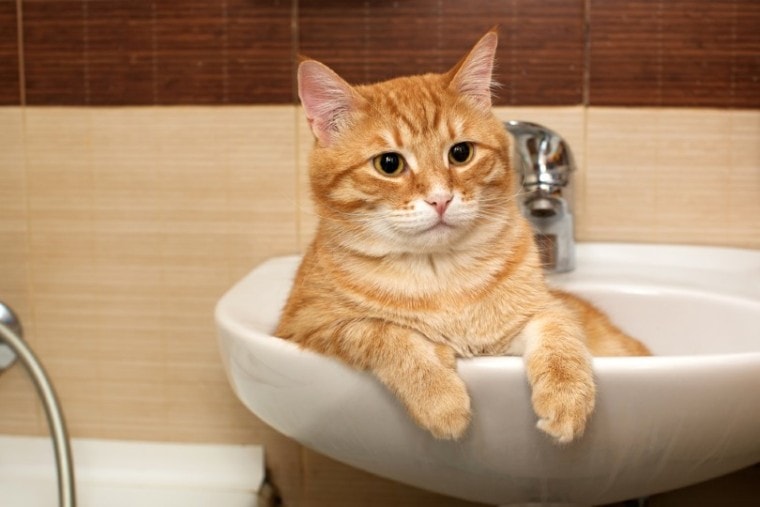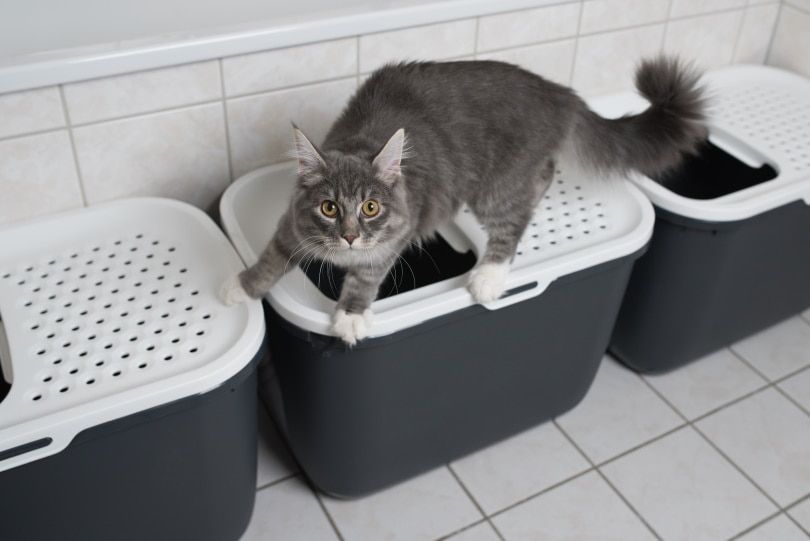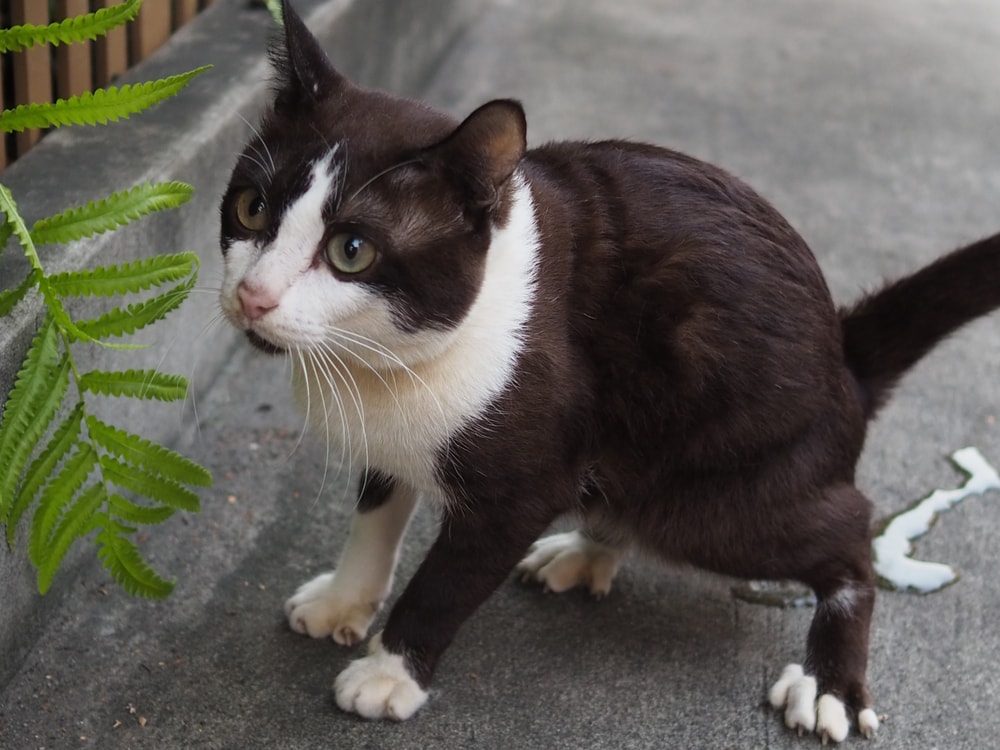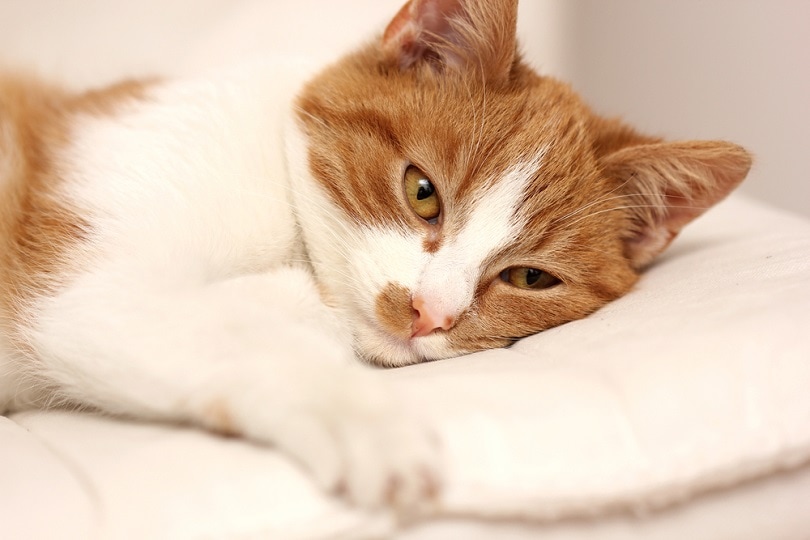Inappropriate urination is a common problem among cats. The strong smell of cat pee can be quite unpleasant, especially when it ends up in your clean sink. But why do cats choose to urinate in the sink? Let’s explore some possible reasons and find solutions to this behavior.
Why Do Cats Urinate Inappropriately?
There are various reasons why cats may start urinating in inappropriate places. Most of these reasons are not medically serious, but they indicate some form of discomfort or dissatisfaction with their environment. Think of it as a protest from your cat, telling you that there’s something wrong that needs to be addressed.
While many cases of inappropriate urination are not due to medical issues, it’s important to consult with a veterinarian if the problem persists. A vet can determine whether there’s an underlying medical condition that needs attention.
Now, let’s dive into some common reasons why your cat may be urinating in the sink.
Reasons Your Cat May Be Urinating in Your Sink
1. Displeasure With Their Litter Box
A common reason why cats choose to urinate in the sink is their dislike for their litter box. Cats can be very particular about their litter box, and even small changes can lead to dissatisfaction. If your cat suddenly starts urinating in the sink, consider the following:
- Has there been any change in the litter box environment, such as a different type of litter or an unusual smell?
- Is the litter box clean and well-maintained?
- Have you introduced any new objects or decorations near the litter box?
Addressing these issues and providing a clean and comfortable litter box environment can often resolve the problem.
2. Displeasure With Other Changes to Their Environment
Cats are creatures of habit, and they can become unsettled by changes in their environment. Even if the changes are unrelated to the litter box, they can trigger anxiety or frustration in your cat. Major changes like a new work routine or a new piece of furniture can lead to urination in inappropriate places.
While it may not be easy to reverse these changes, providing your cat with extra love, attention, and familiar comforts can help them adapt and feel more secure.
3. Illness or Age
Certain medical conditions can also cause cats to urinate inappropriately. If you suspect a medical issue, it’s crucial to consult with a veterinarian for proper diagnosis and treatment. Some common medical reasons for inappropriate urination include:
- Feline Lower Urinary Tract Disease (FLUTD): Cats with FLUTD may experience discomfort and prefer cool, smooth surfaces like sinks when urinating. With veterinary supervision, most cats can recover from this condition.
- Urinary Crystals: Excess urinary crystals can cause pain and frequent urination, leading to inappropriate urination. Proper treatment can help resolve this issue.
- Urinary Tract Infection (UTI): Cats with UTIs may experience pain, urgency, and accidents or inappropriate urination. A vet can prescribe antibiotics to treat the infection.
- Aging: Just like humans, cats can exhibit changes in behavior as they age. Dementia or other age-related conditions can cause cats to forget about their litter box and use alternative places.
Frequently Asked Questions
Q: How do I prevent my cat from urinating in the sink?
A: Address the underlying cause of your cat’s dissatisfaction, such as a dirty litter box or changes in their environment. Consult with a veterinarian if the problem persists.
Q: Is it normal for cats to urinate outside the litter box?
A: Cats normally prefer to use their litter box. If they consistently urinate outside of it, it may indicate a problem that needs attention.
Q: Can stress cause a cat to urinate inappropriately?
A: Yes, stress and anxiety can contribute to inappropriate urination in cats. Providing a calm and stable environment can help alleviate their stress.
Conclusion
Inappropriate urination can be frustrating for cat owners, but understanding the reasons behind this behavior is key to finding a solution. Addressing any issues with the litter box, as well as providing a comfortable and consistent environment for your cat, can often resolve the problem. Remember to consult with a veterinarian if the behavior persists or if you suspect an underlying medical issue. For more information on cat care and behavior, visit Pawsoha.
Featured Image Credit: Okssi, Shutterstock



